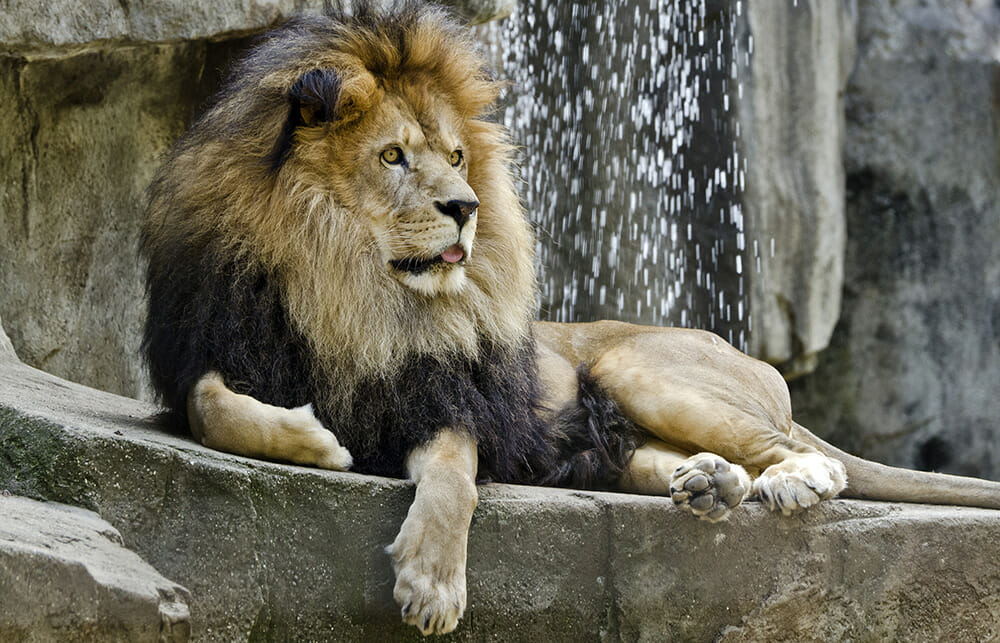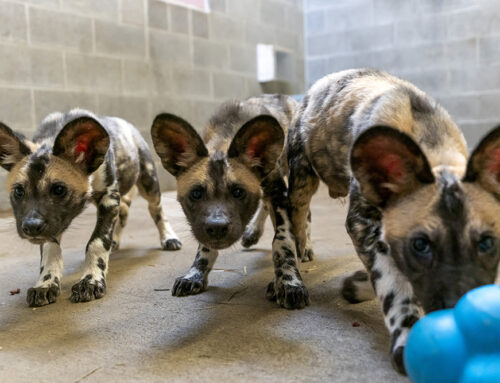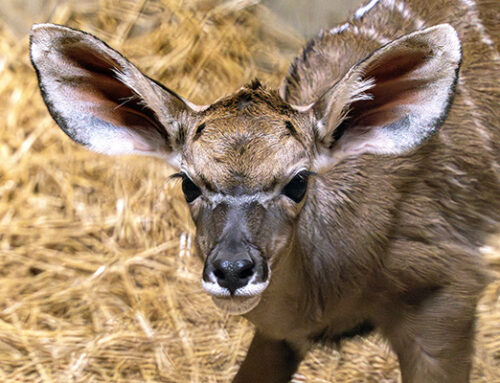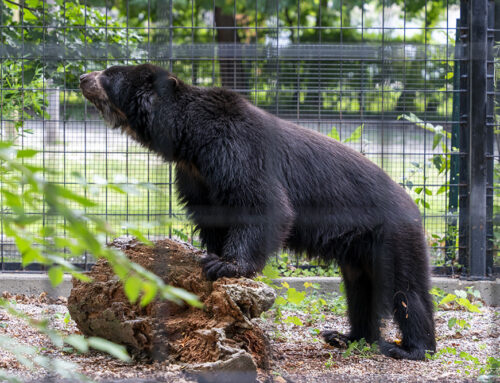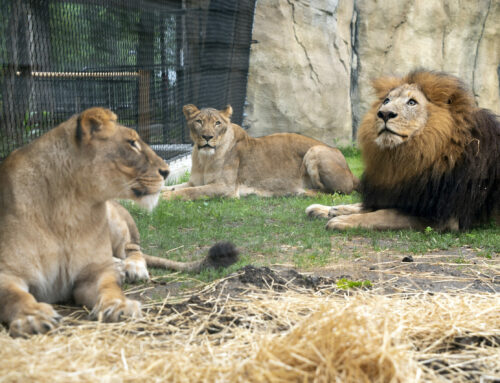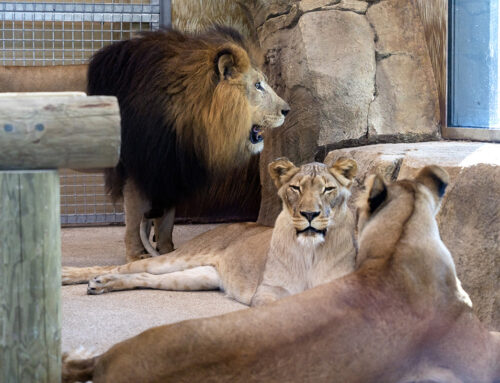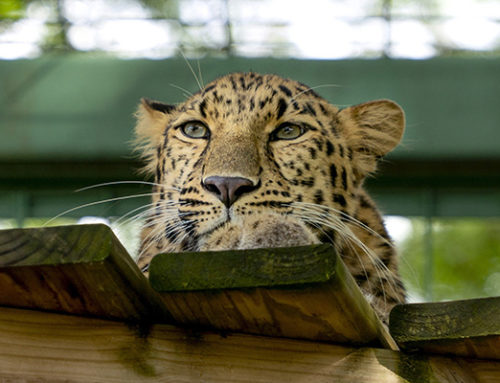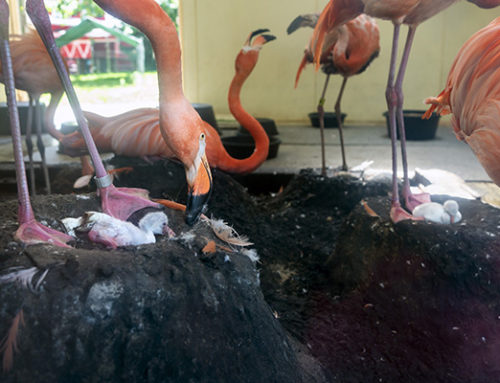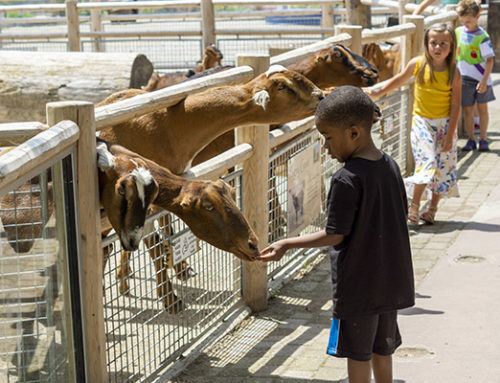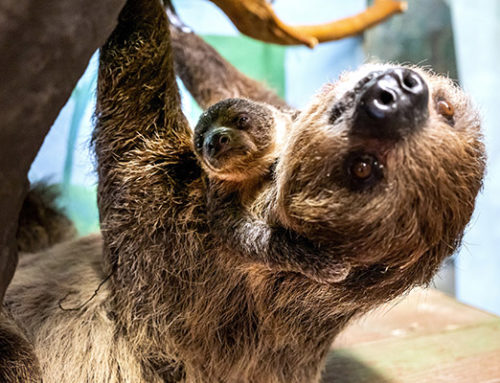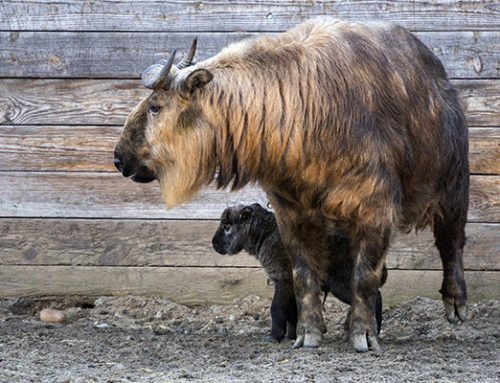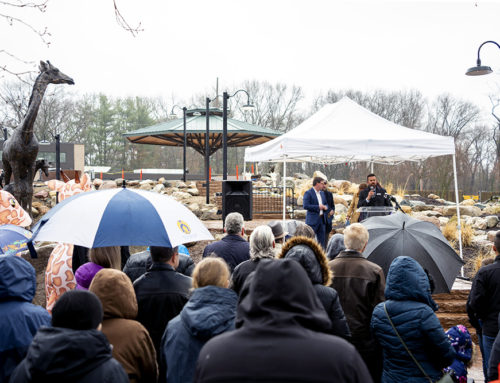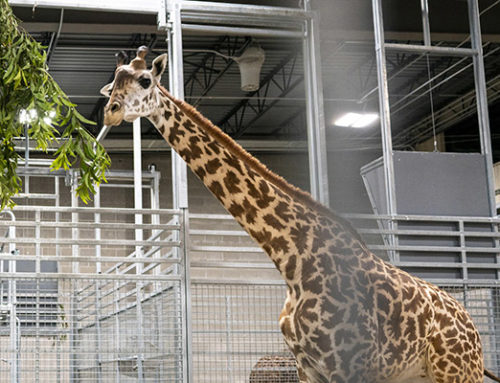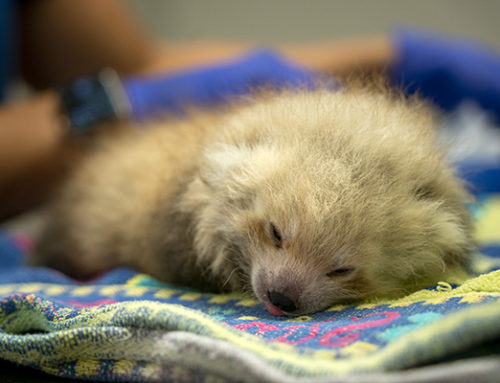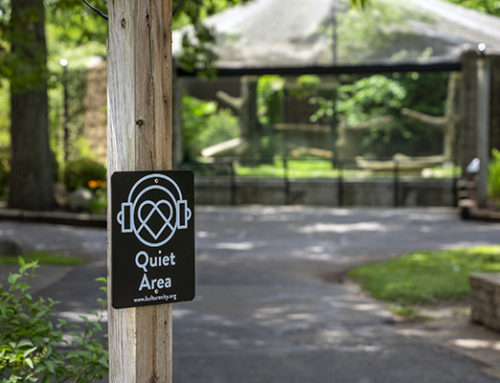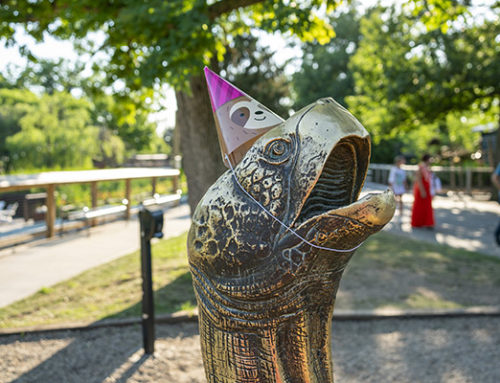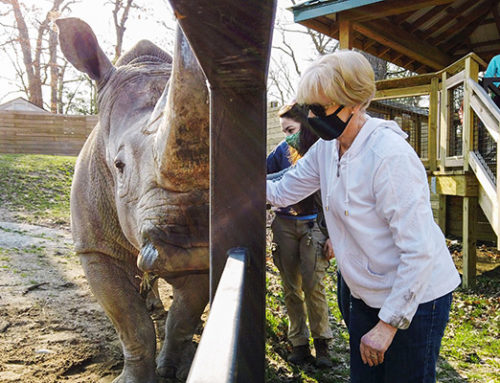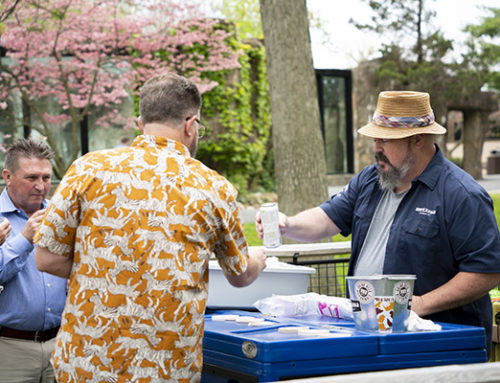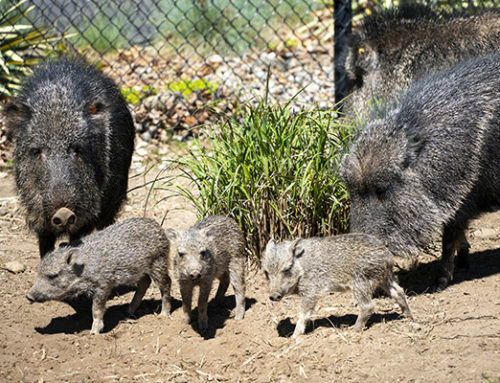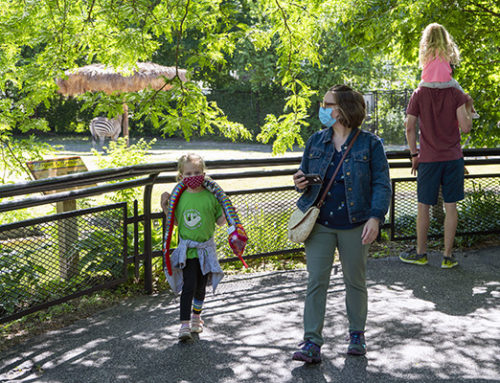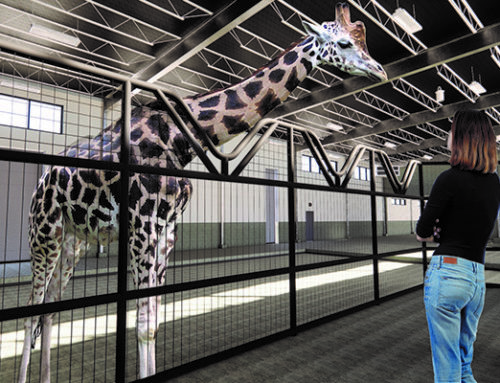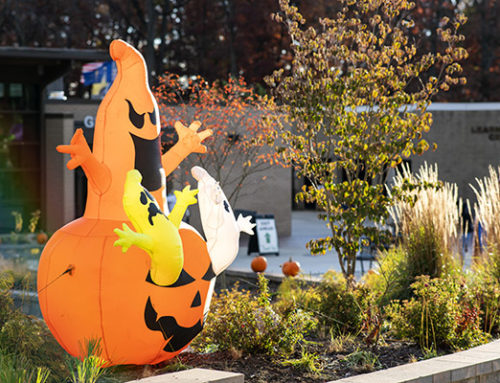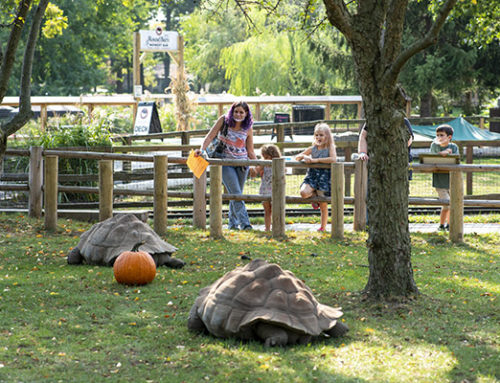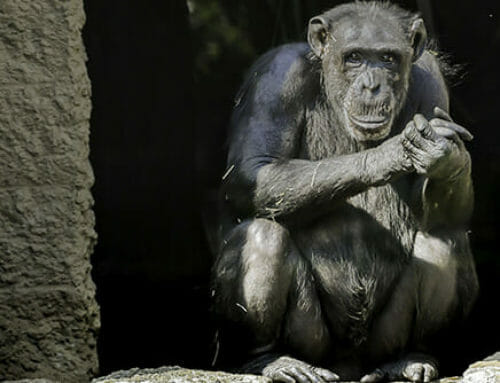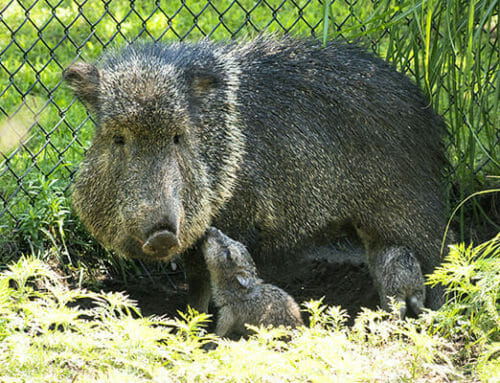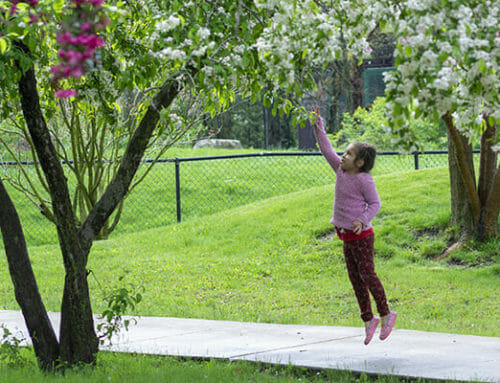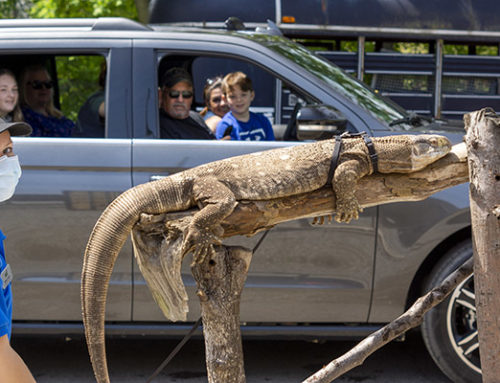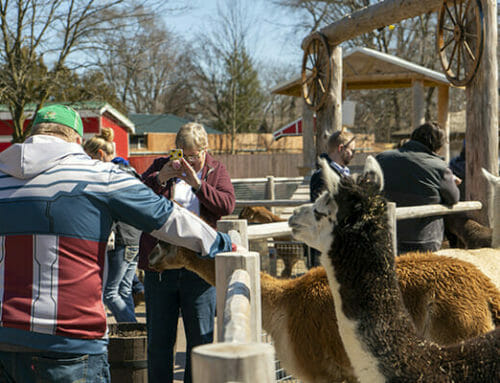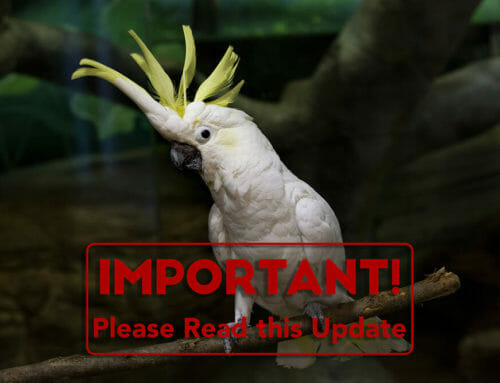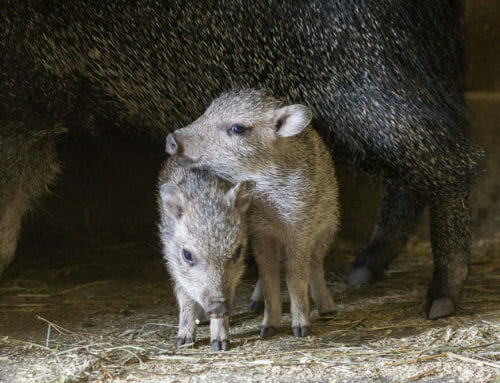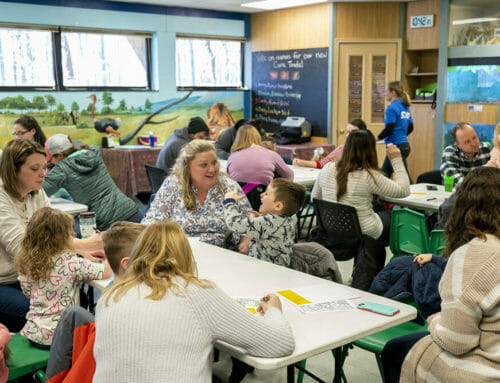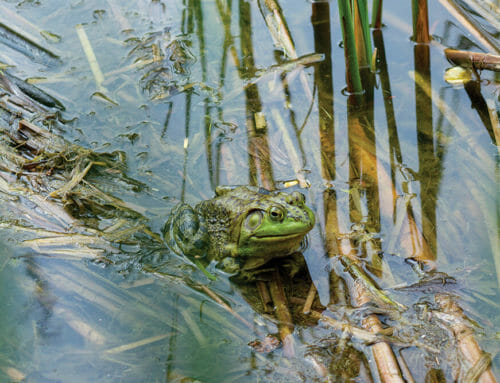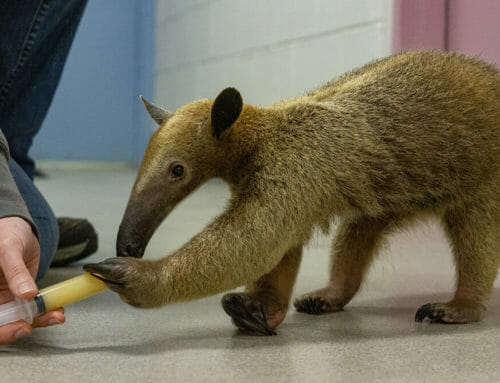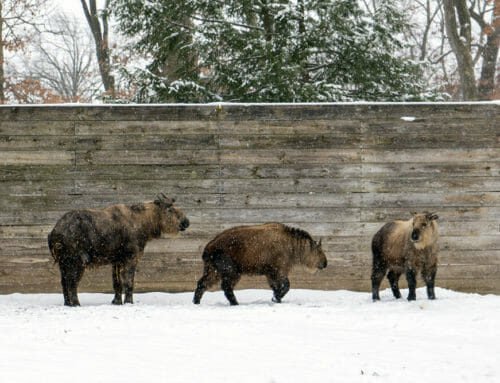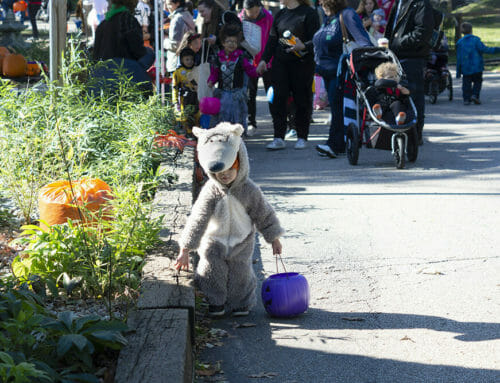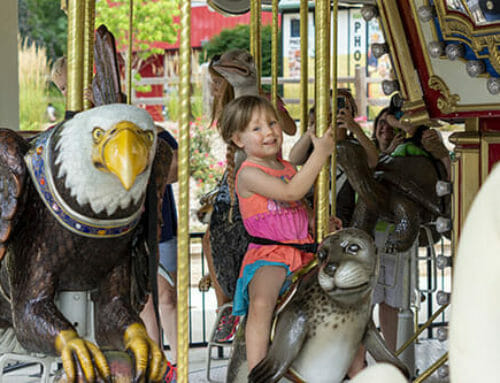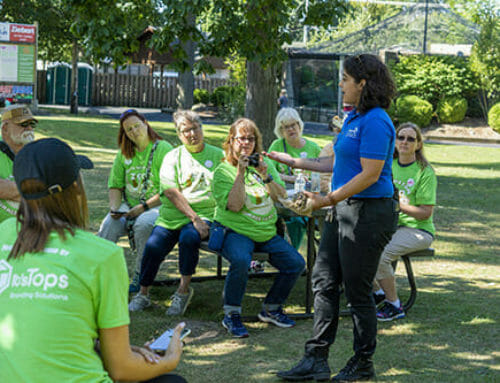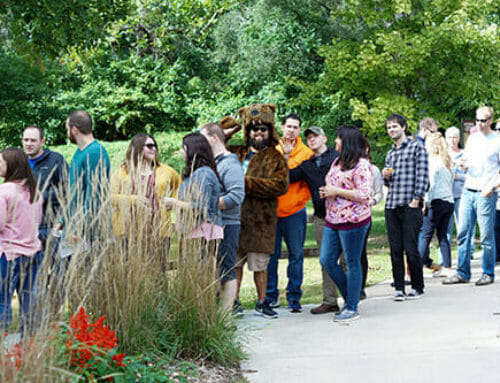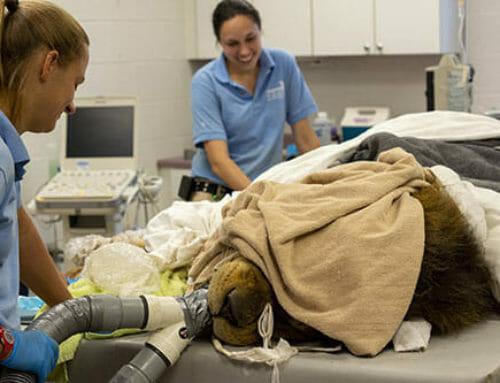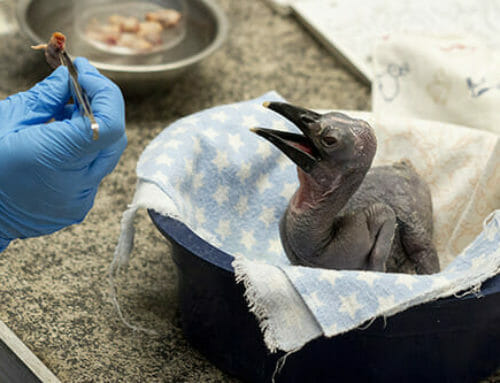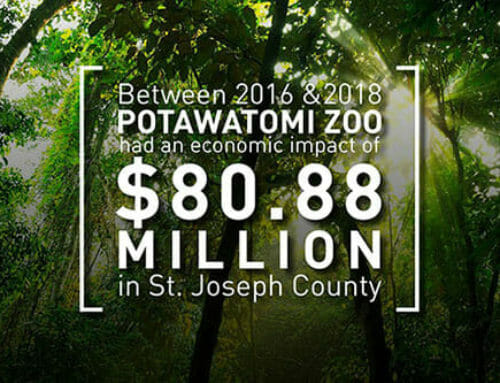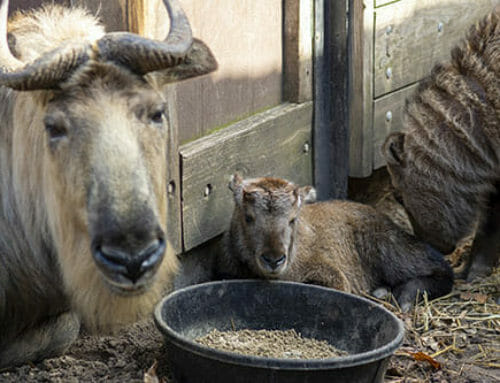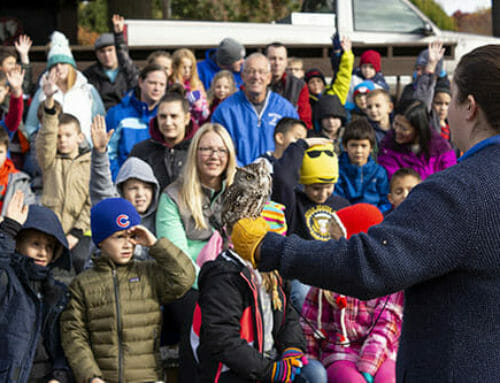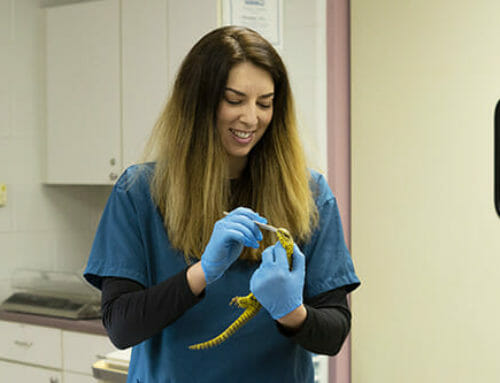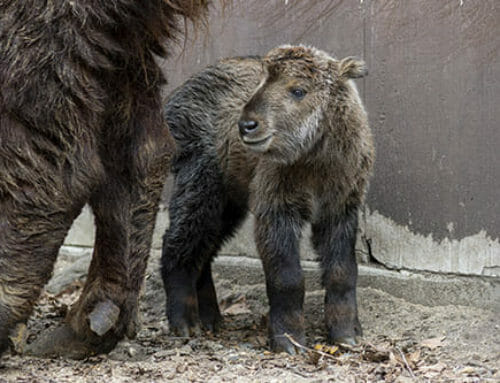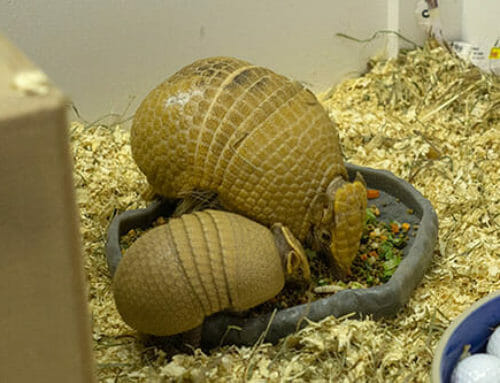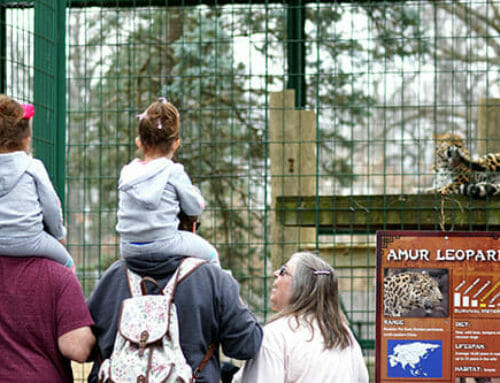It is with great sadness that the Potawatomi Zoo shares the recent death of one of its beloved African lions, Tango. He is survived by his brother, Onyo.
“It is hard to think of the Potawatomi Zoo without first thinking of our iconic lion brothers, Tango and Onyo,” says Josh Sisk, executive director of the Potawatomi Zoo. “Tango’s passing is a tremendous loss, not only for our staff, but also for our community. Visitors often share their stories of the first time they saw the brothers’ magnificent manes or heard them vocalizing. Tango’s voice and individuality will forever be missed.”
Tango would have been 18 years old on December 12, 2001, a long life for a male lion. According to the Association of Zoos and Aquariums, the median life expectancy for a male lion in human care is 16.9 years. In the wild, they may live 10-12 years.
The Potawatomi Zoo prides itself on providing exceptional preventative and geriatric care for its animals as they age. Tango had been under veterinary care for chronic age-related issues for several months. Although the keeper and veterinary staff made every effort to keep him comfortable over the past few months, due to his age, his health continued to decline. He was humanely euthanized on November 4, 2019, after his condition suddenly worsened.
“Tango was such an amazing lion, who overcame a number of health challenges in the past few years,” says Dr. Audrey Siegrist, DVM, veterinarian at the Potawatomi Zoo. “He voluntarily allowed us to take blood samples from his tail and give him vaccines while his keepers fed him treats.” She adds, “Tango passed away peacefully surrounded by zoo staff who loved him, holding his paws and petting his magnificent mane. Our hearts are so heavy and will be for a very long time.”
Tango and Onyo were from the same litter of cubs, and they moved to the Zoo in April 2002, when they were around five months old. In their years at the Zoo, they delighted visitors and community members with their big personalities and loud voices. Regular visitors learned to recognize Tango as the “one who sticks his tongue out” and often remarked on how huge his mane was.
For the Zoo staff, though, one of the most memorable things about Tango was the brotherly bond between him and Onyo. The brothers were always near each other, and when one started to roar, the other always answered back.
“I started working with Tango and Onyo 17 years ago as an intern, and from the very first day I walked in and met them, I was in love. They’ve brought joy to my life every day that I’ve spent with them,” says Gretchen Pitser, primary carnivore keeper at the Potawatomi Zoo. “Tango loved enrichment and was always excited to shred every box, bag, or papier mâché we gave him. He turned into a little cub every time we gave him fresh hay to roll around in, and had the best day ever when we gave him a giant cardboard construction tube to climb in.”
Tango and Onyo have been important ambassadors for their species at the Potawatomi Zoo, educating visitors about African lions and the biome to which this species is native. In the wild, African lions are considered a vulnerable species, with continually decreasing numbers.
Although Onyo is also showing signs of his age, the Zoo will continue to focus on keeping him as healthy, busy, and comforted as possible. With winter approaching, he will have access to his indoor space and may not always be outside in his publicly viewable area.



